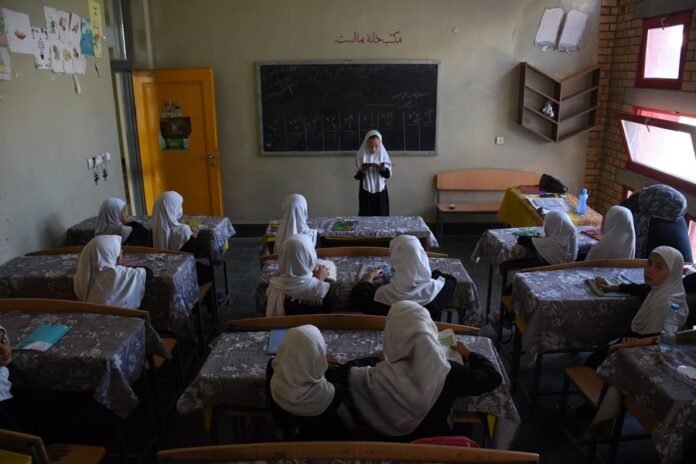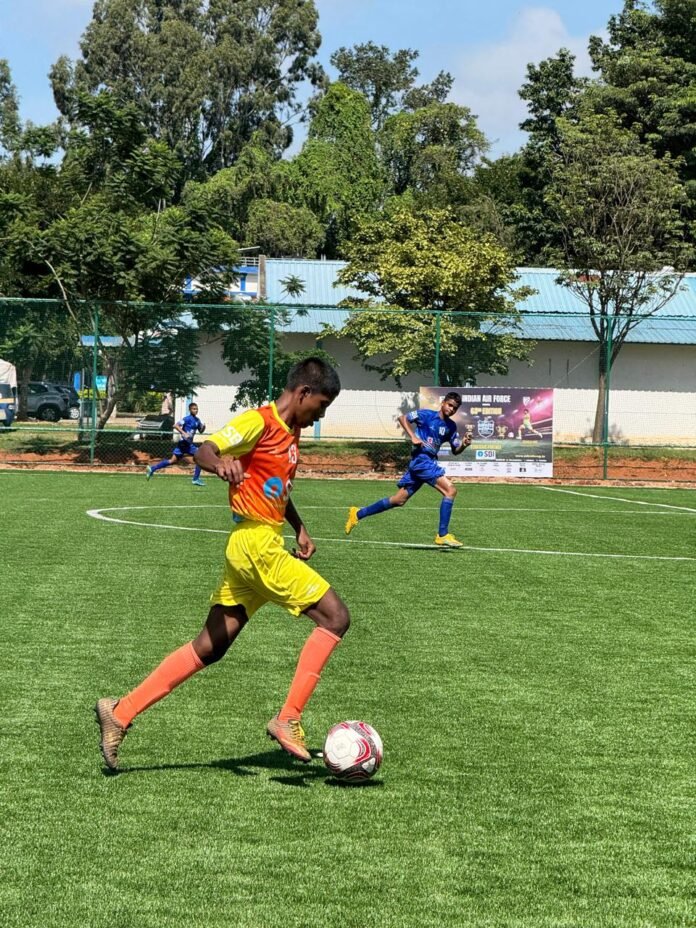UN Urges Equal Education for Afghan Girls on International Literacy Day
The United Nations is raising its voice loud and clear for girls’ education in Afghanistan. On International Literacy Day, UN leaders warned that ongoing restrictions on women’s education are hurting human rights, stunting the country’s growth, and putting its future at risk.
Roza Otunbayeva, head of the UN Mission in Afghanistan (UNAMA), made this strong call during an event in Kabul. As reported by Afghanistan’s top news agency Khaama Press, Otunbayeva highlighted how books open doors to knowledge and a better life. She stressed that equal access to education is key for Afghanistan’s brighter tomorrow, especially for Afghan women and girls facing Taliban bans.
These restrictions have now dragged on for a fourth year. Since the Taliban took control in August 2021, they’ve blocked girls from attending secondary schools and universities. UN officials say this girls’ education ban in Afghanistan isolates the country and leaves it unprepared for today’s world, undermining both human rights and overall development.
UNESCO, which kicked off International Literacy Day back in 1967, added its take on the issue. The global body explained that literacy today means more than just reading and writing—it’s about mastering digital skills in our tech-driven world. UNESCO called on governments worldwide to invest in digital literacy for every student, helping them thrive in the digital age.
A recent UN survey from August backs up the urgent need for change. It found that a whopping 90% of Afghans support girls’ right to education, even with the Taliban’s strict rules in place. Four years after the ban on secondary and higher education for Afghan girls, this overwhelming support shows how much the people value learning.
The survey polled 2,000 people across Afghanistan, revealing a clear public demand for education access. Sofia Calltorp, head of the UN’s women’s humanitarian action, shared that Afghan families are eager for their daughters to study despite the barriers. She also pointed out the growing mental health crisis among women, urging more investment in their healthcare and support to tackle the trauma from exclusion.
This push for girls’ education in Afghanistan highlights a global conversation on literacy and equality. As the world marks International Literacy Day, the UN’s message is simple: Education empowers everyone, and it’s time to make it happen for Afghan girls too.



